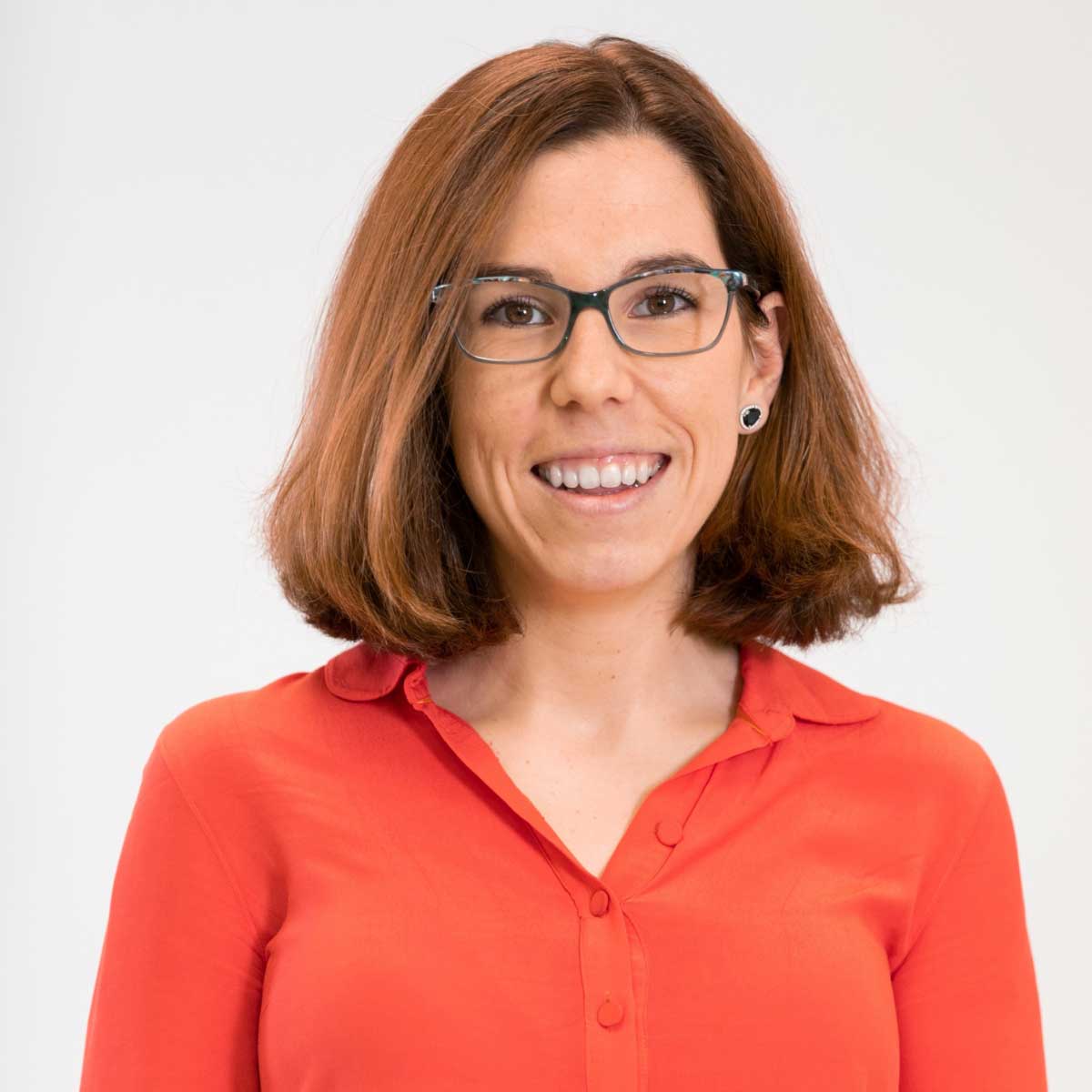
- About UPF-BSM
- Programs
- Faculty and research
- Companies and Organizations
- News & Events
Hospital managers: assessments prior to medicine purchases
13 Diciembre - 2019

Jaume Puig Junoy
Director del Máster en Economía de la Salud y el Medicamento
Natàlia Pascual
Profesora del Máster en Economía de la Salud y el Medicamento
r
What is our budget? What are our needs? How can we make the most of the medicines purchased?
Medicines must be approved before reaching patients by means of hospitals, meeting criteria on safety, effectiveness and therapeutic value, also taking the costs into account. The first step is carried out by the FDA in the United States and the EMA in Europe. The aim of this process is to ensure that the therapeutic benefits of a type of medicine outweigh any risks, the clinical risk may be shouldered and the medicine is not toxic for patients (according to information gleaned in clinical trials). Once a medicine has been deemed safe for use, countries must decide if they want to offer it to their citizens. This second stage of approval considers the effectiveness of the medicine (can it cure patients in real clinical practice?) and the budgetary impact. Only in the best-case scenarios are economic assessments factored into the decision-making process. This means taking into account the additional value for every euro invested (cost-effectiveness) provided when compared to the existing alternative therapies.
Medicine assessment allows for the measurement of both the short-term impact of the use of new treatments on the budget and thus, the national healthcare system's ability to pay for them. Assessments will also analyse what is known in healthcare economics as "the cost of opportunity", which tells us how we lose out in health in the mid- and long-term due to having invested in one innovation and not in another. Informed decisions behind the purchase of medicines must necessarily include these aspects as complementary elements. Despite this, while countries such as Australia, Canada and the UK have spent over 20 years applying economic assessments to the purchasing of medicines, in Spain this has yet to be put into practice.
'Hospital managers want the buying of medicines
to focus on the buying of healthcare results for their pacients'
In order to make strides in the use of economic assessments for the purchasing of medicines or treatments, the II Meeting of Experts in Healthcare Management and Economics on the 28-29 November at the UPF Barcelona School of Management considered how the purchasing of medicines has changed in the hospital sphere. It is no longer about buying boxes of medicines, but instead asking how purchases affect results. Hospitals want to secure improvements in health and quality of life for their patients. To do so, the purchasing instruments offered by the administration must become more flexible, with the industry also adapting to these needs. In this sense, the economic assessment of medicines may also contribute to the decision-making process: although measuring healthcare results is part of the equation, you also have to measure the costs of incorporating therapeutic innovations and compare these to the available alternatives to then decide if the purchase is worth the money.
References:
The transformation in how medicines are purchased: from products to results
Economic Evaluation for Pricing and Reimbursement of New Drugs in Spain: Fable or Desideratum?